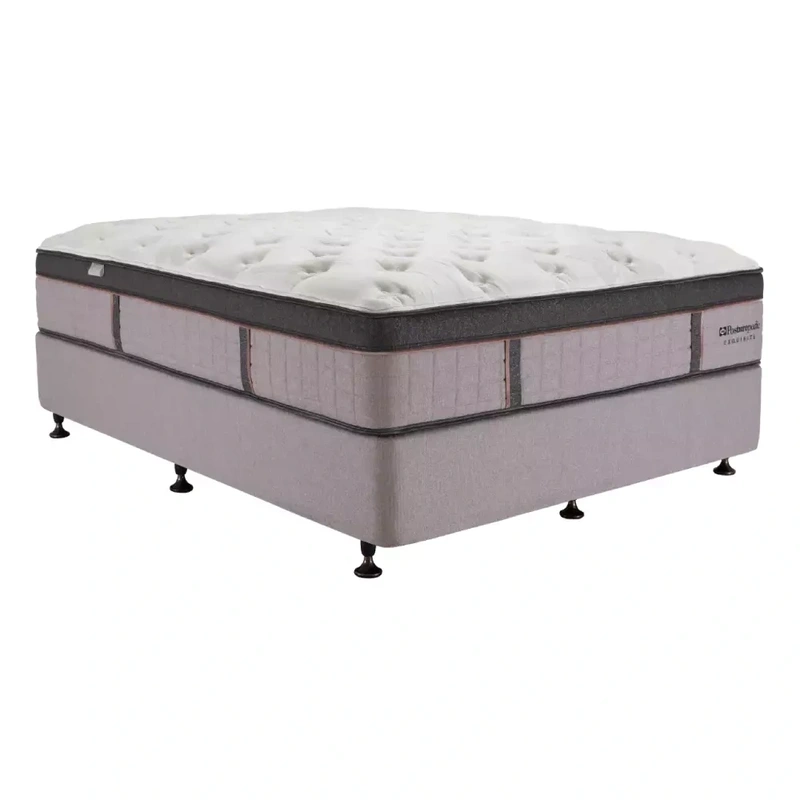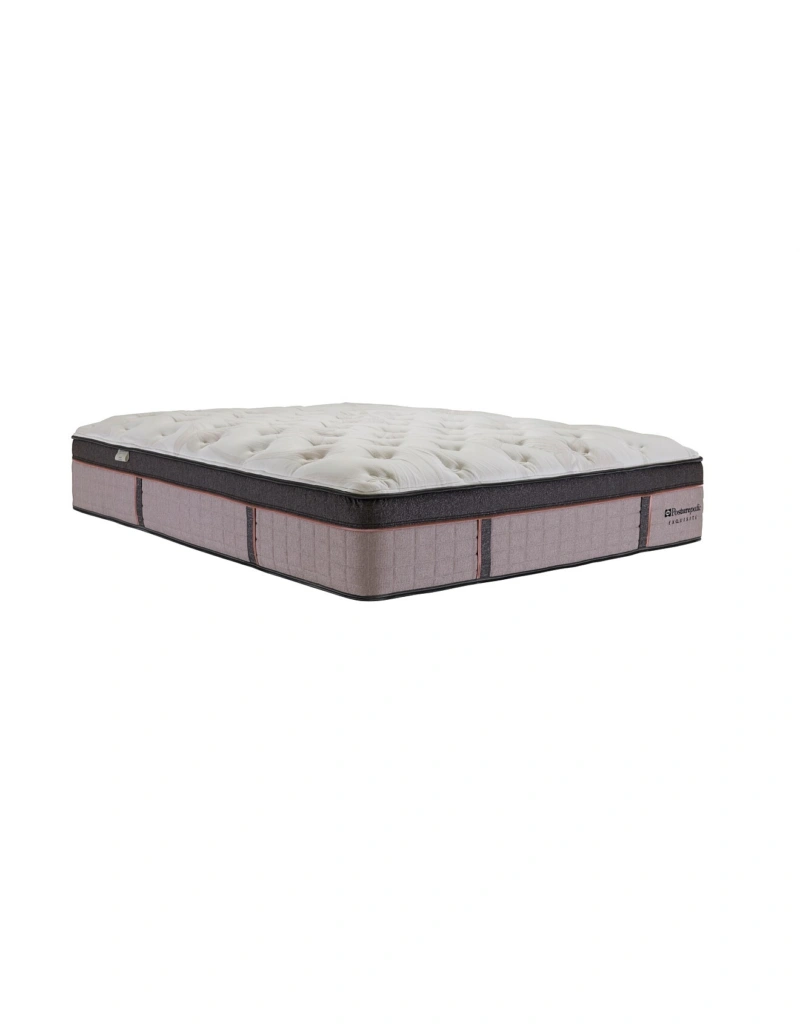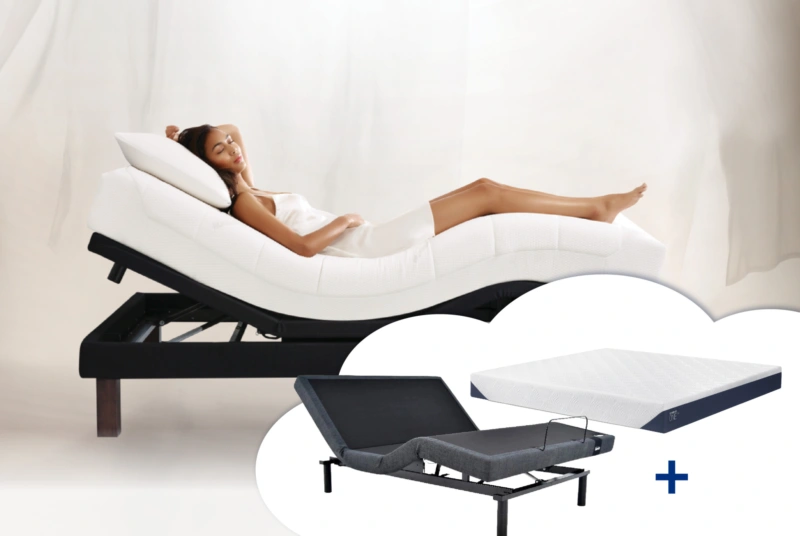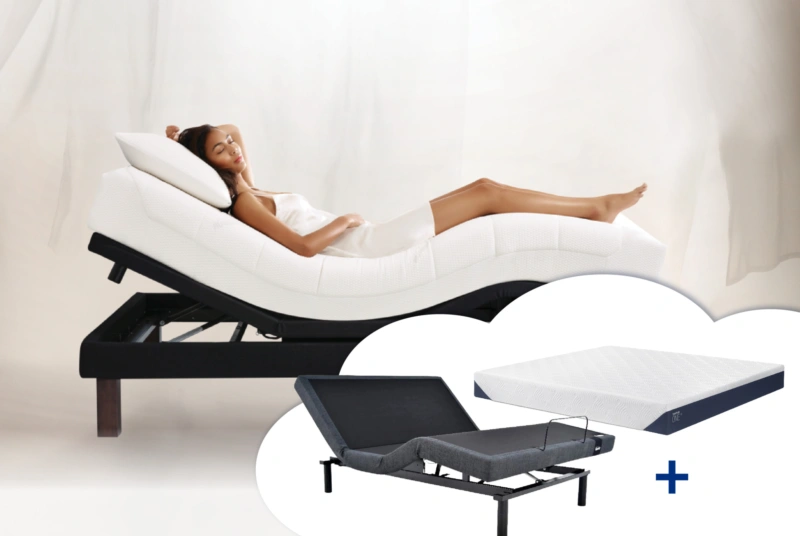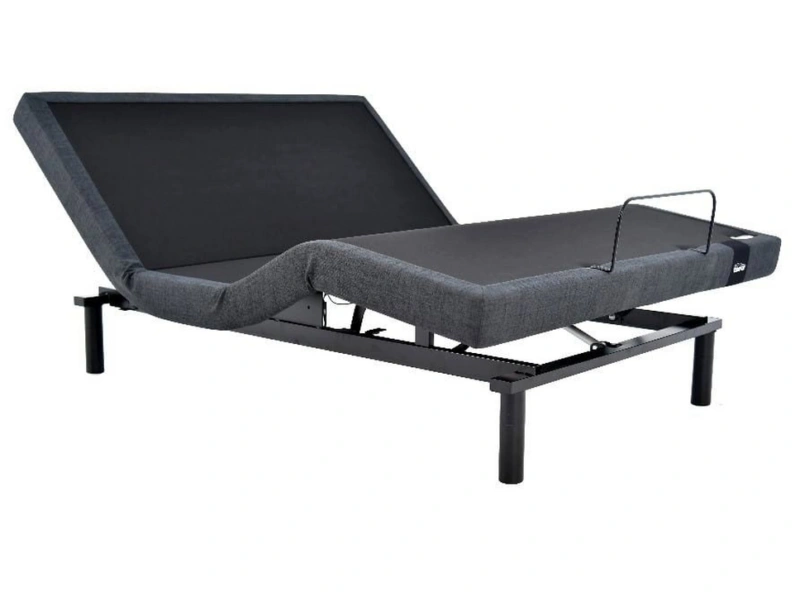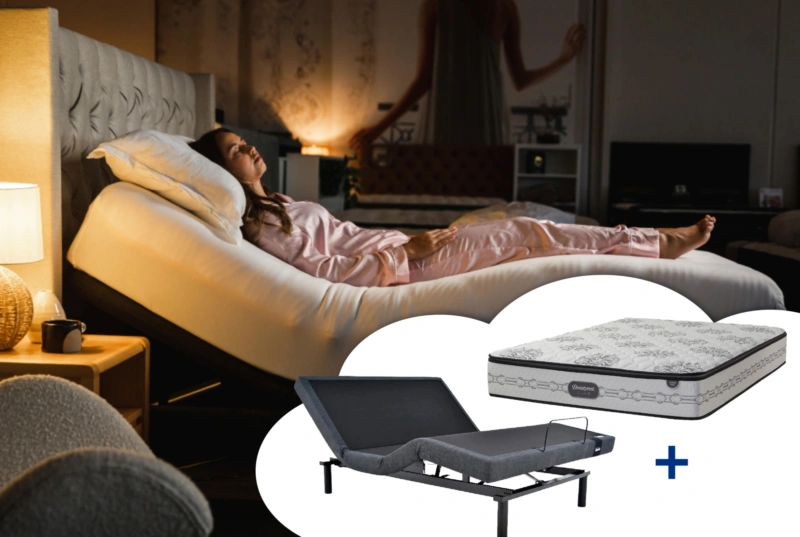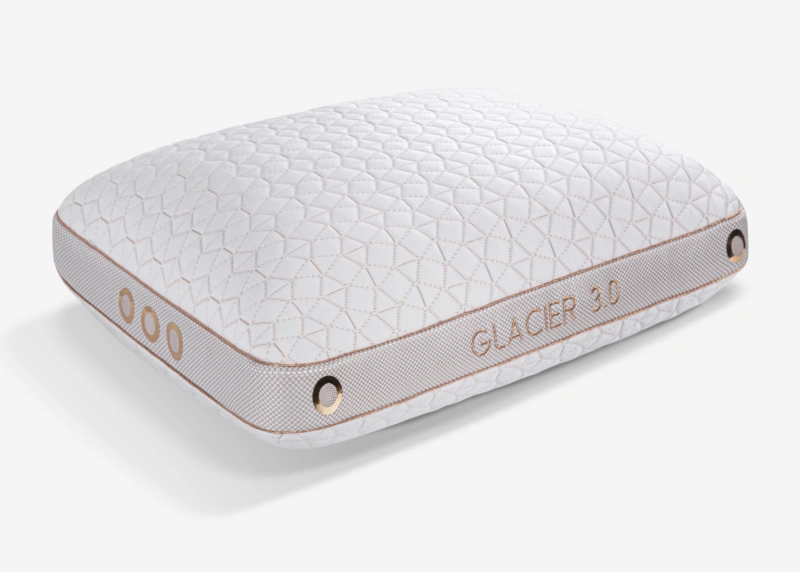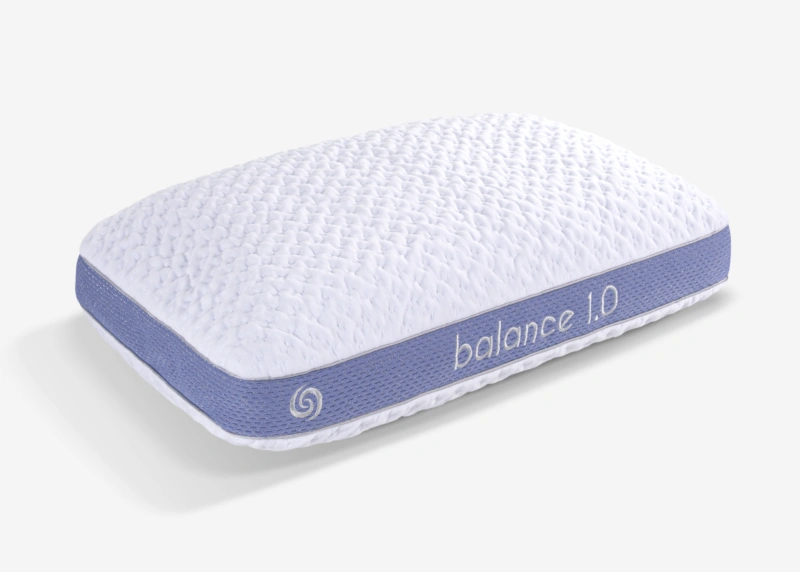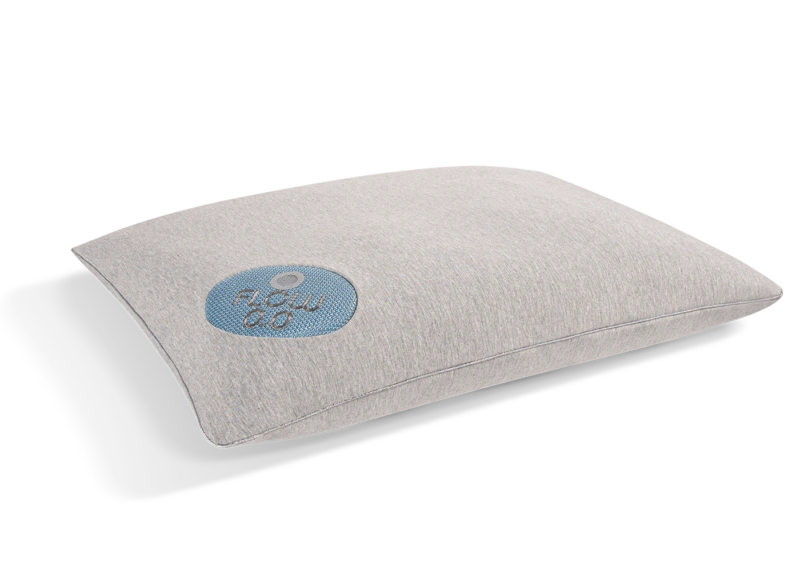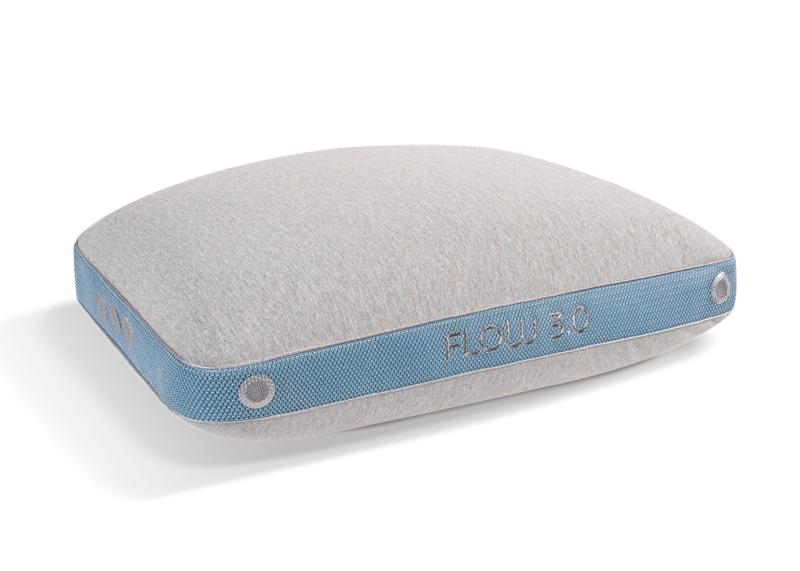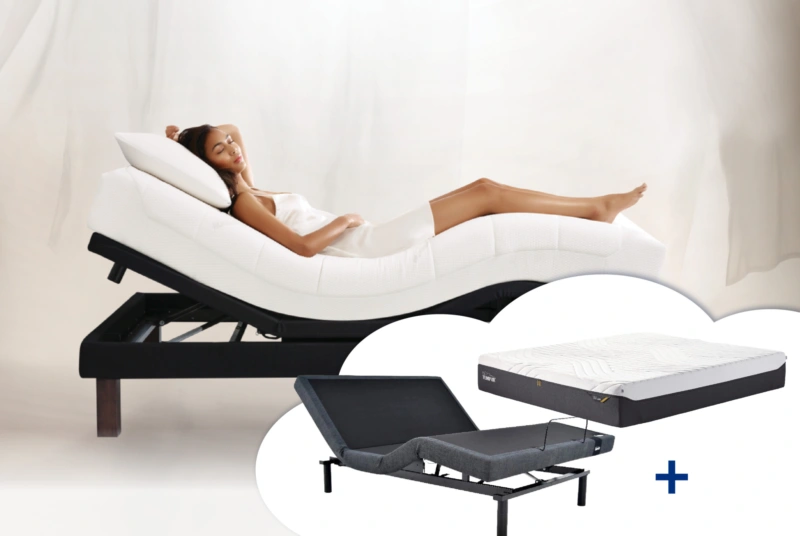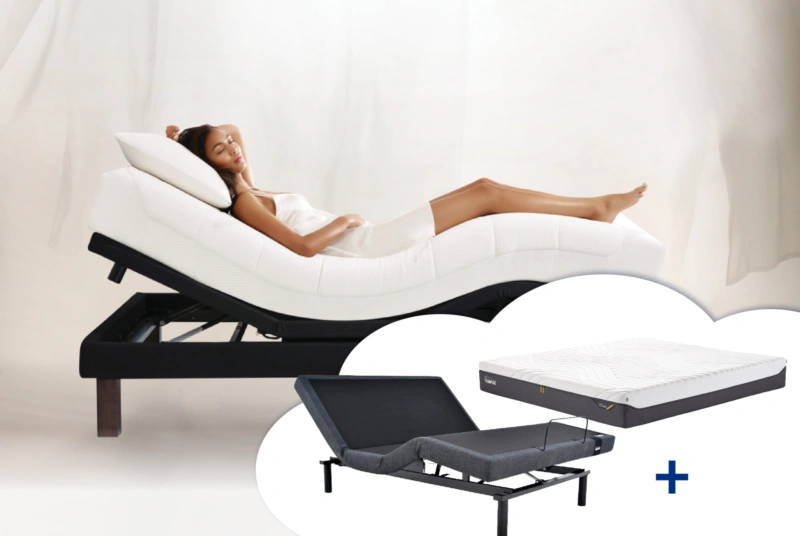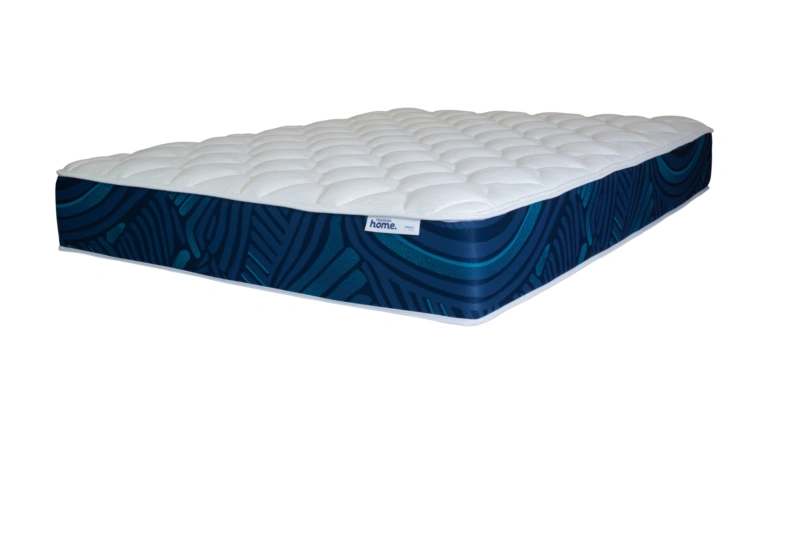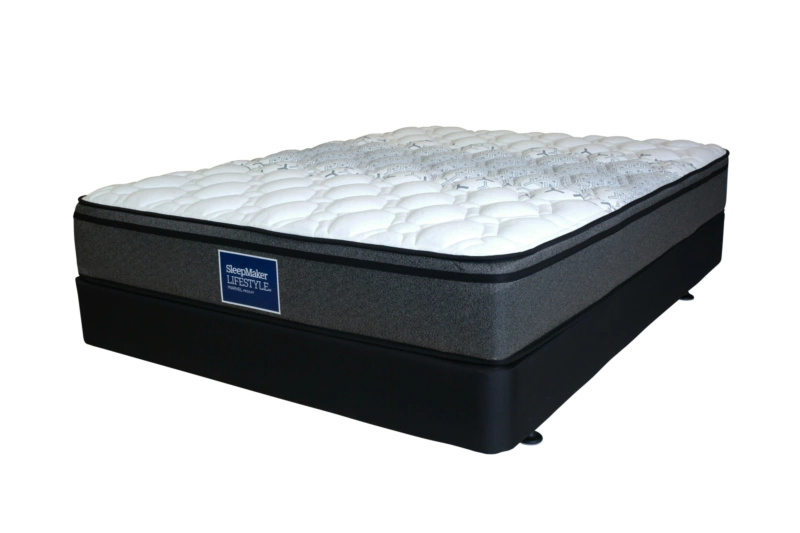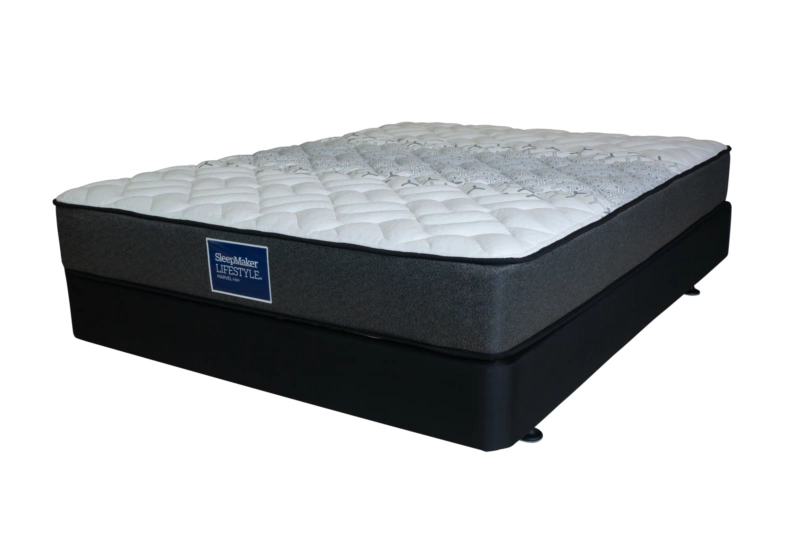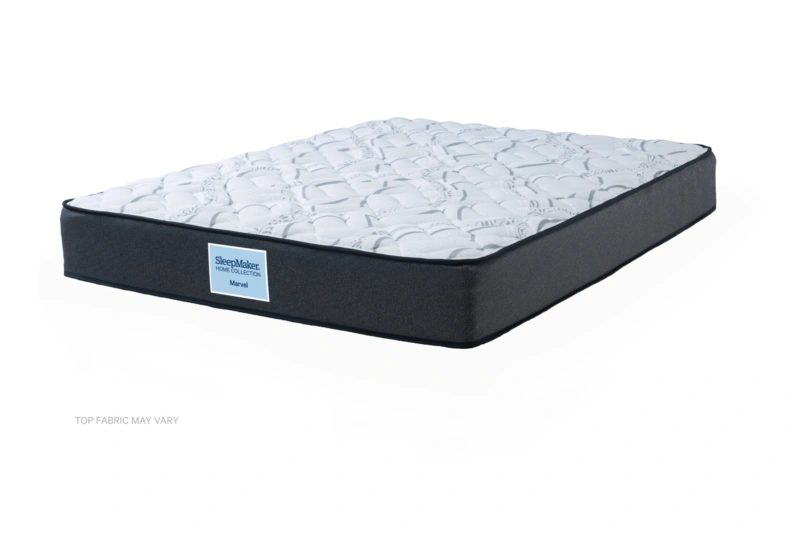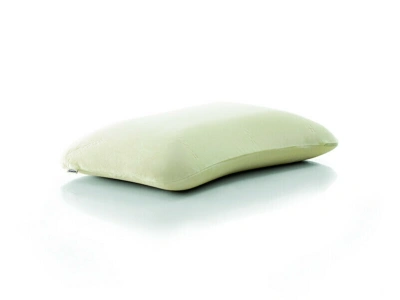
If you thought the range of pillow options at some upscale hotels was broad, that’s nothing compared to the nearly 30 different choices at Bedpost stores.
Different brands, shapes, sizes and materials are all designed to suit individual sleep and posture requirements – so how do you know which pillow to plump for?
At Bedpost, our sleep experts are as knowledgeable about our ranges of pillows as they are about the beds and mattresses, so your best bet is to head to your nearest store and ask them. They’ll find out a little bit about your lifestyle, health and comfort requirements, budget and personal preferences and then suggest a pillow to suit.
It’s worth remembering, though, that a pillow is as individual as a mattress so it’s far easier to be there in person than it is to either buy a pillow for someone else or rely on someone to guess your preferences.
When do I need to buy a pillow?
1.When you buy a new bed/mattress: As well as suiting your levels of comfort, pillows will often suit a specific mattress or bed so if you are investing in a new one, you should really complement it with a new pillow. For example, a softer mattress means you’ll sink into it deeper and most likely need a lower-profile pillow.
2.It’s about time: Over time, the natural oils from your head and hair are going to seep into your pillow and affect the performance of the material it’s made from and filled with. Pillow protectors will limit this damage and different materials – such as memory foam or feather and down – will have varying lifespans but you should be thinking about upgrading every three years or so.
3.You recognise the signs: The lifespan of a pillow isn’t as long as a mattress but its effectiveness in terms of health and quality of sleep can be just as vital. You’ll soon know if your pillow isn’t performing as well if you’re tossing and turning more, you’re waking with a sore or stiff neck, or you simply recognise it’s filling is bunching up and becoming less firm.
Why are there so many variations?
Jordie, from the Dunedin store, says there are a range of questions he’ll go through to help customers choose the right pillow:
Do they have any injuries or a sore neck or pressure points that require a level of firmness or a contoured shape? Temperature-sensitive memory foam naturally curves to your neck and spine to offer ideal support.
Do they have a personal preference for feel – for example feathers as opposed to memory foam?
Are allergies an issue? If natural fibres or down is an issue, there are plenty of synthetic materials to suit. Pillow covers can also have anti-bacterial or anti-microbial treatments.
Do they sleep on their front, back or side? Different levels of firmness offer better support for each style of sleep.
What is your budget? As with any product there are styles and ranges to suit every budget.
How do I know I’m making the right choice?
As much as we can, we will offer advice based on customers’ requirements, but with so much choice, there’s simply nothing better than trying the pillows themselves, rest-test them in the store so you can narrow down your options.
Jordie says this can really help customers get a sense of just what a difference, say, a Tempur memory foam pillow can make if someone has been using a classic flat feather and down pillow most of their life.

